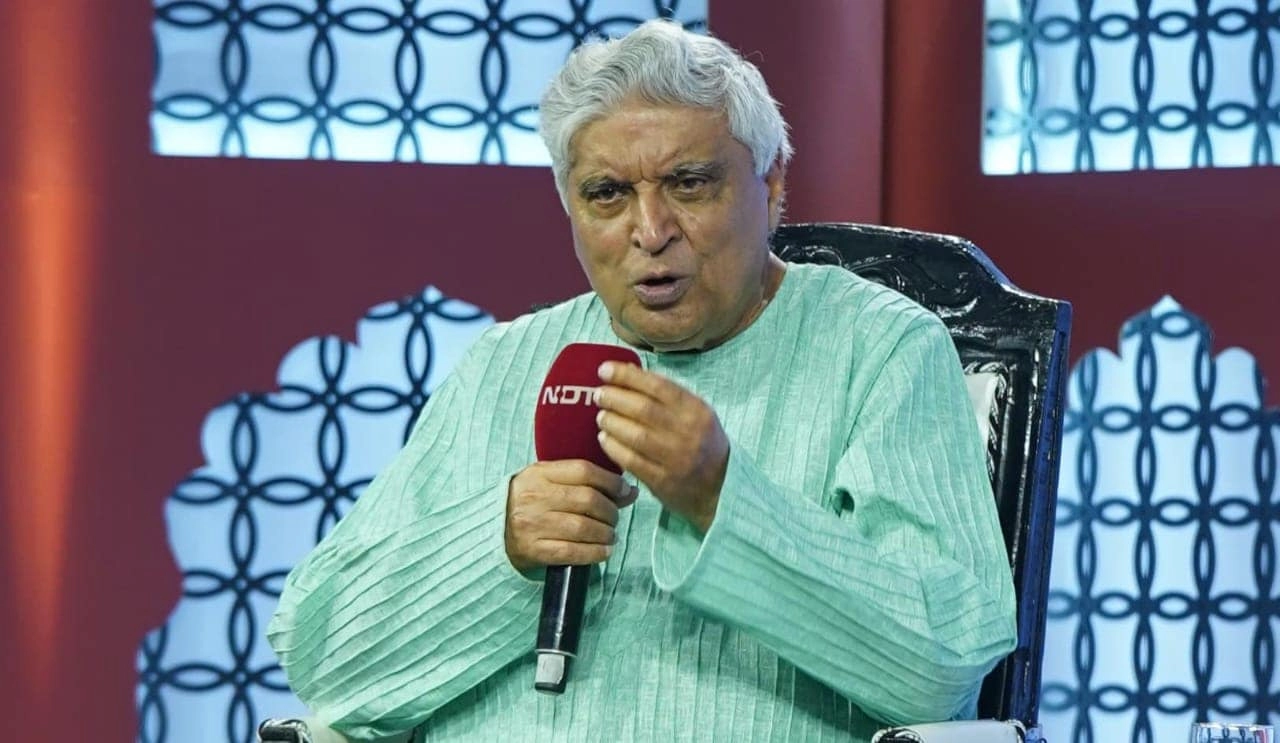Javed Akhtar, the esteemed Indian lyricist and poet, recently shared his thoughts on the much-anticipated film “Sardaar Ji 3,” starring the popular Punjabi actor and singer Diljit Dosanjh. Akhtar’s comments shed light on the broader implications of the film and the film industry in India, particularly in the context of cultural exchange and artistic collaboration. His statement, “Ban karoge toh paisa Hindustani ka doobega, Pakistani ka nahi,” translates to “If you ban it, it will be the Indian money that will sink, not the Pakistani,” encapsulates his concern about the potential repercussions of censorship on the Indian entertainment sector.
The film industry has often been a melting pot of diverse influences, and Akhtar underscores the idea that artistic expression should not be stifled due to political tensions or nationalistic sentiments. His perspective emphasizes how the film not only represents the creative efforts of its cast and crew but also serves as a means of economic sustenance for many involved in its production. By highlighting the financial stakes at play, Akhtar urges stakeholders to consider the importance of maintaining an open and thriving cinematic landscape that benefits artists from all backgrounds, including those from neighboring countries.
Diljit Dosanjh, known for his dynamic performances and musical talent, plays a significant role in bridging cultural divides through his work. “Sardaar Ji 3” is part of a larger trend where Bollywood and regional cinema increasingly collaborate, reflecting a shared cultural heritage that transcends borders. Akhtar’s remarks resonate with many who believe that creativity should flourish unrestricted, allowing artists to explore themes that resonate with audiences across the subcontinent. By advocating for the film’s release, he reinforces the notion that cinema can be a unifying force, fostering understanding and appreciation among diverse communities.
In a time when artistic expression is often challenged by political and social narratives, Javed Akhtar’s words serve as a poignant reminder of the importance of protecting creative freedom. The call to allow “Sardaar Ji 3” to be viewed without censorship is not merely about one film; it is about upholding the values of artistic integrity and the economic vitality of the film industry as a whole. Through his advocacy, Akhtar highlights the critical need for dialogue and collaboration in a world that can sometimes feel divided, urging both audiences and creators to recognize the shared humanity that lies at the heart of storytelling.




